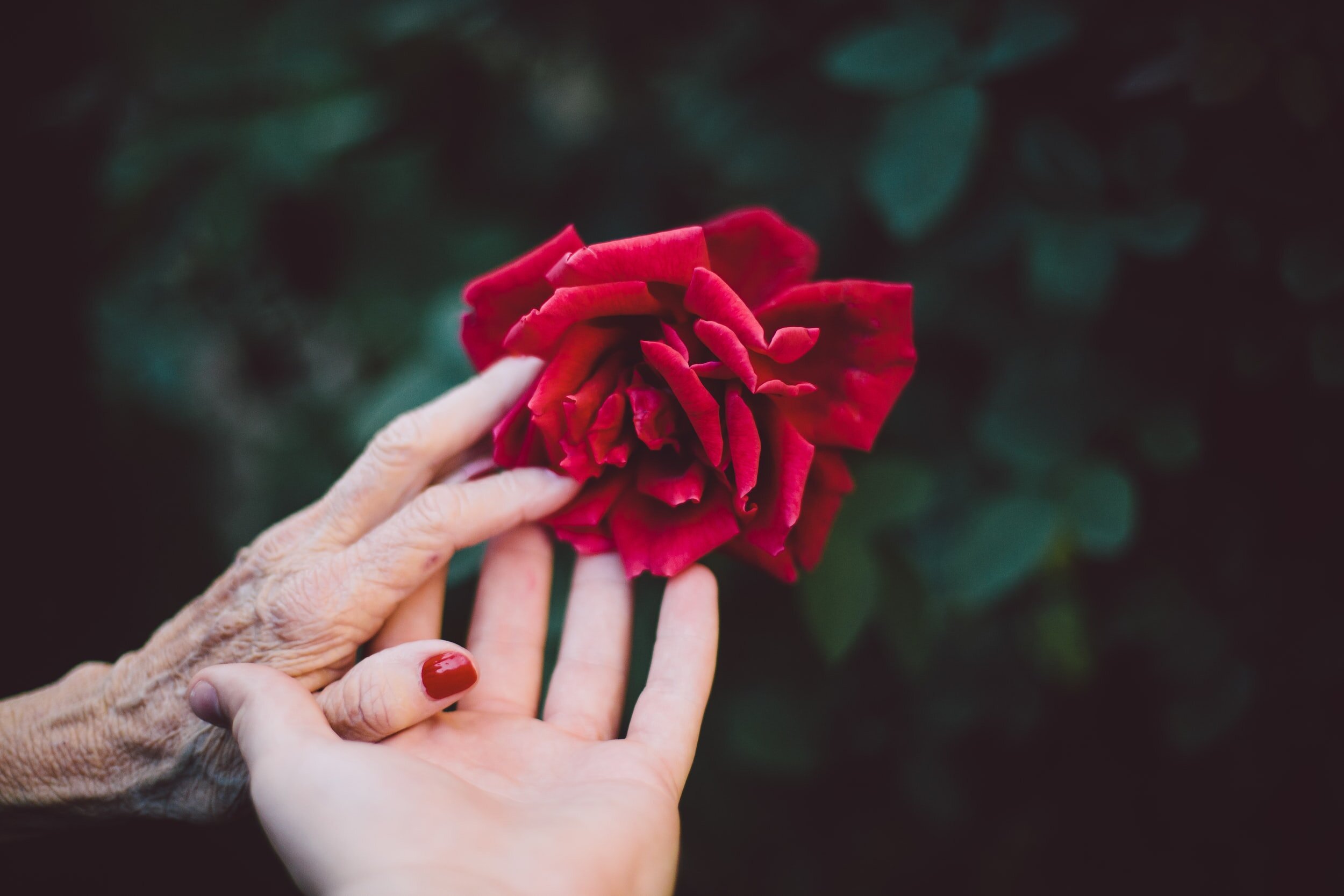Transgenerational Trauma and How it Impacts You
“Pain travels through families until someone is ready to feel it” --Stephi Wagner
Are you aware of any trauma your parents or grandparents experienced?
Do you have ancestors who are Black, Native American, Indigenous, Jewish, or from African, Asian, South American and/or Caribbean Countries?
Do you know of any family history of depression, suicide, alcoholism, drug addiction, physical, sexual, or emotional abuse?
If you answered yes to any of these three questions, chances are you have a family history of trauma that could be impacting you presently.
What is Transgenerational Trauma?
Transgenerational Trauma, also known as Intergenerational Trauma, is the impact of trauma on a family. When a person experiences a trauma, it can impact them and their family members or loved ones, not just the person it happened to. As the trauma affects the person, it can create challenges that then impact the whole family.
For example, if a father of a family gets in a bad accident at work that causes him to be unable to work, he might become depressed and feel hopeless. His role of family provider may be impacted and he might experience a loss of self-worth and confidence. This may cause him to reach for alcohol to begin to numb his emotional pain and sorrow. As he does so, he becomes increasingly angry, and a once gentle father begins to form a very bad temper. This may begin to escalate further, in which he might begin to verbally or physically abuse his wife or children. If his children witness him in this state, and hurting their mother, or hurting them, they are going to experience trauma themselves. The children are going to start to internalize this experience and their pain. They will learn to numb and act out their pain, as they have witnessed their father do. This situation may create further anxiety, depression, substance-use challenges, or worse, throughout the family members to varying degrees. Untreated trauma tends to grow, spread, and infect an entire family unit, spreading down the family lineage.
What can we learn when we explore Transgenerational Trauma in our own lives?
Rachel Yehuda, PhD, is a Professor of Psychiatry and Neuroscience. She has been leading the research in Transgenerational Trauma. Through studying survivors and victims of the Holocaust and their families, as time went on, she found a correlation in family trauma and increased challenges for future generations. She found family members of victims and survivors of the Holocaust were more likely to have high rates of divorce, depression, deaths by suicide, heart disease, cancer, and so much more, when compared to the general population. The research she began has now shown us that when a person experiences a trauma it changes their DNA and genetic structure. This is known as Epigenetics. If this person goes on to have a child, they will pass this changed genetic information on. When a trauma occurs, it can weaken a person's genetic information. This is why someone may have a healthy vs unhealthy family line, as in a family that has a history of cancer showing up through generations. Overtime, repeated trauma in a family history will create more health and lifestyle challenges.
Trauma makes family members more susceptible to physical and emotional pain and strife. This makes sense if we think about it. If someone did survive the Holocaust, they are likely to have a lot of fear for the remainder of their lives. They are likely to pass these fears of persecution on to their families. We can also apply this concept to Slavery, of course. This was a whole group of people who were enslaved, some families for hundreds of years, children being sold or passed through the same household as they grew up. This history has kept Black and Brown people living in more poverty with less opportunity. Families who have family histories of slavery are going to be impacted to this day by those experiences of previous generations. This can be a scary thought to consider, but if this represents you, hope is not lost!
Just as trauma can negatively impact us, showing strength in the face of hardships can also build up Resilience. Resiliency means having the ability to overcome and ‘bounce back’ from life’s pain and challenges. Resiliency is a muscle that we can strengthen with practice. The more resilient we are, the more we are able to roll with the punches of life, without getting destroyed by them. Resiliency can also improve our DNA and genetic information, which we can also pass along to future generations. This is why it is so important to know about and understand Transgenerational trauma.
How can we use this information and break the chains of the past?
If we know how we are susceptible, then we can integrate this knowledge into our lives, making smarter decisions for our bodies, minds, and hearts. Consider what challenges you are facing currently, how can you show up with strength and determination to persevere? Consider what this demonstrates and teaches to those around you, especially children, who are like sponges absorbing everything they see and hear. How can you stand in your faith and inner sovereignty? The more you do this, the easier it becomes. You are strong and capable enough to overcome great amounts of pain! How do I know? Because your ancestors did, and you are a reflection of them.
If you have a family history of trauma, and many of us do, I would recommend exploring this topic with a quality spiritual guide or healer. I can help you work through the pain of your lineage, bringing it into the light. Sometimes pain simply needs to be witnessed in order to heal it. Think about the patterns in your family and how these impact the beliefs you have and decisions you make. For example, maybe you are a big people-pleaser and have a hard time saying no. If you have a family history of slavery, this pattern may be showing up because in the past saying ‘no’ was completely unacceptable and would have resulted in being beaten, or worse. This pattern can run deep in a family. Consider other patterns of behaviors or beliefs life this. Journaling about this topic can be helpful to work through your associations and understanding as it grows.
As humans, we are capable of persevering and overcoming. Just as we may inherit family pain, we can also inherit family resilience. We can consciously connect with the resilience our ancestors had and reclaim our ability to experience great joy and fulfillment in life. People have experienced unthinkable tragedies, including loss of limbs or becoming disabled, and they go on to live meaningful and happy lives, made richer by their life experiences. Despite your pain and challenges, you can heal and be resilient too! I hope this week’s blog has been helpful for you. As a follow up to this, I will be talking about Ancestral healing next week. This topic will cover how we can work with our ancestors to heal ourselves today! To learn more about exploring this part of your life, click here.
Sarah Seraphina is a Spiritual Activator and Liberation Guide. She is the owner of Nurtured Essence, a healing space, aimed at helping women overcome their past patterns and fears, so they may thrive and live with more power, purpose, ease, and joy. She specializes in working with dreamers, healers, recovering overwhelmed empaths and “Damsels in Distress”, highly-sensitive women, lightworkers, and women with a sacred mission.



